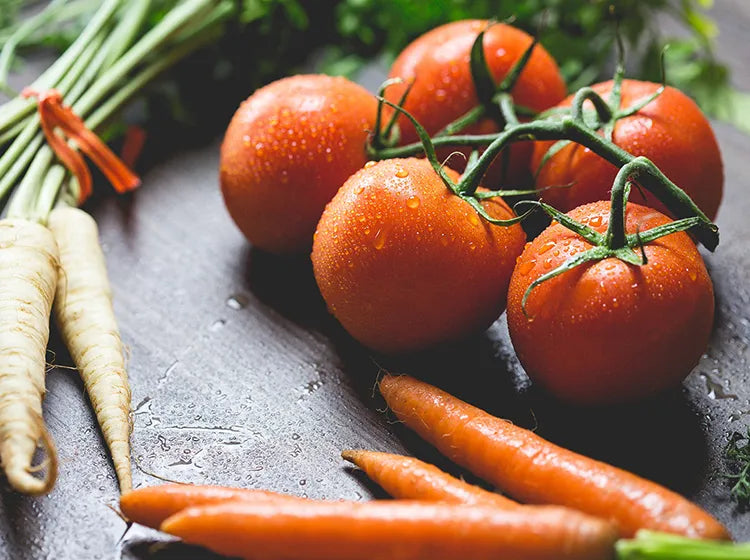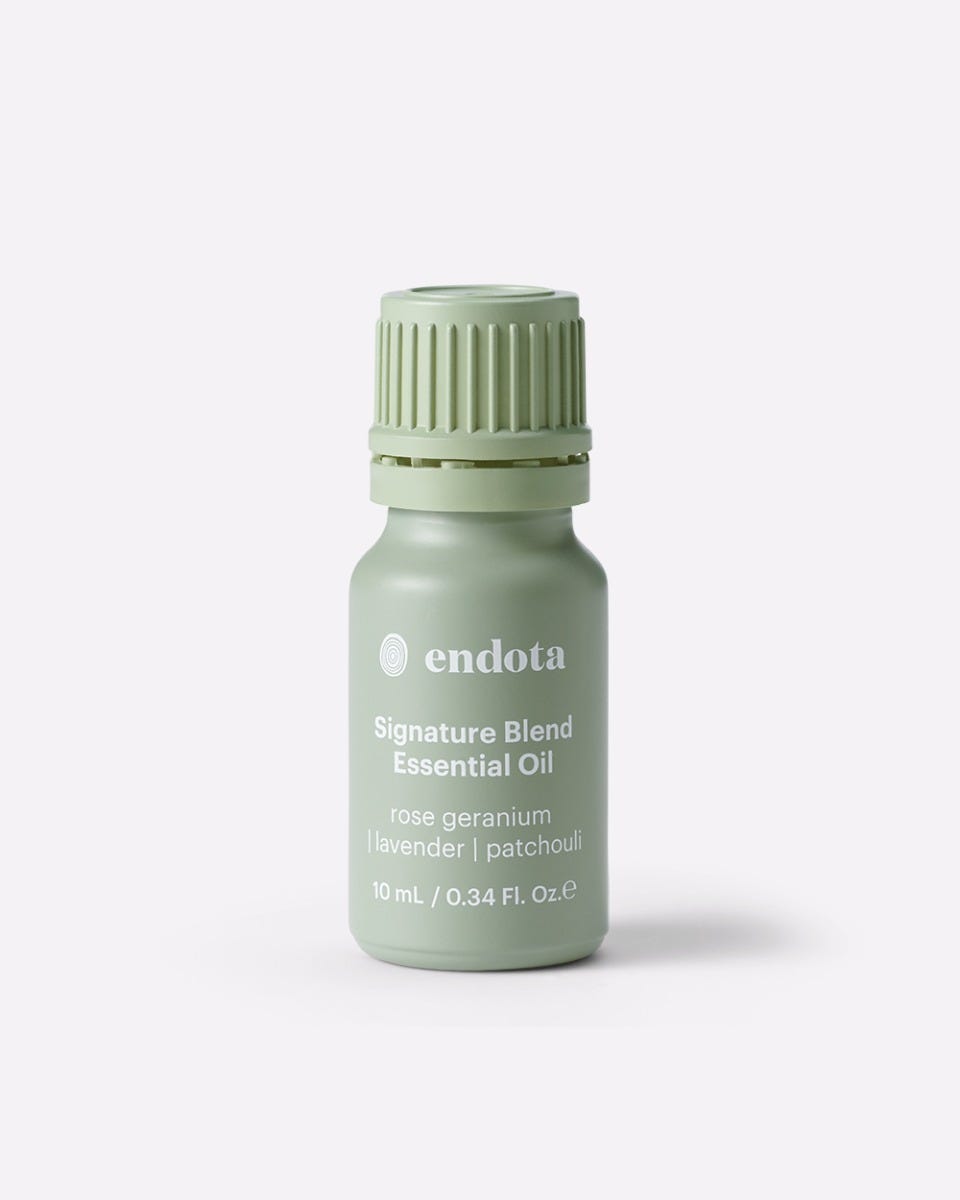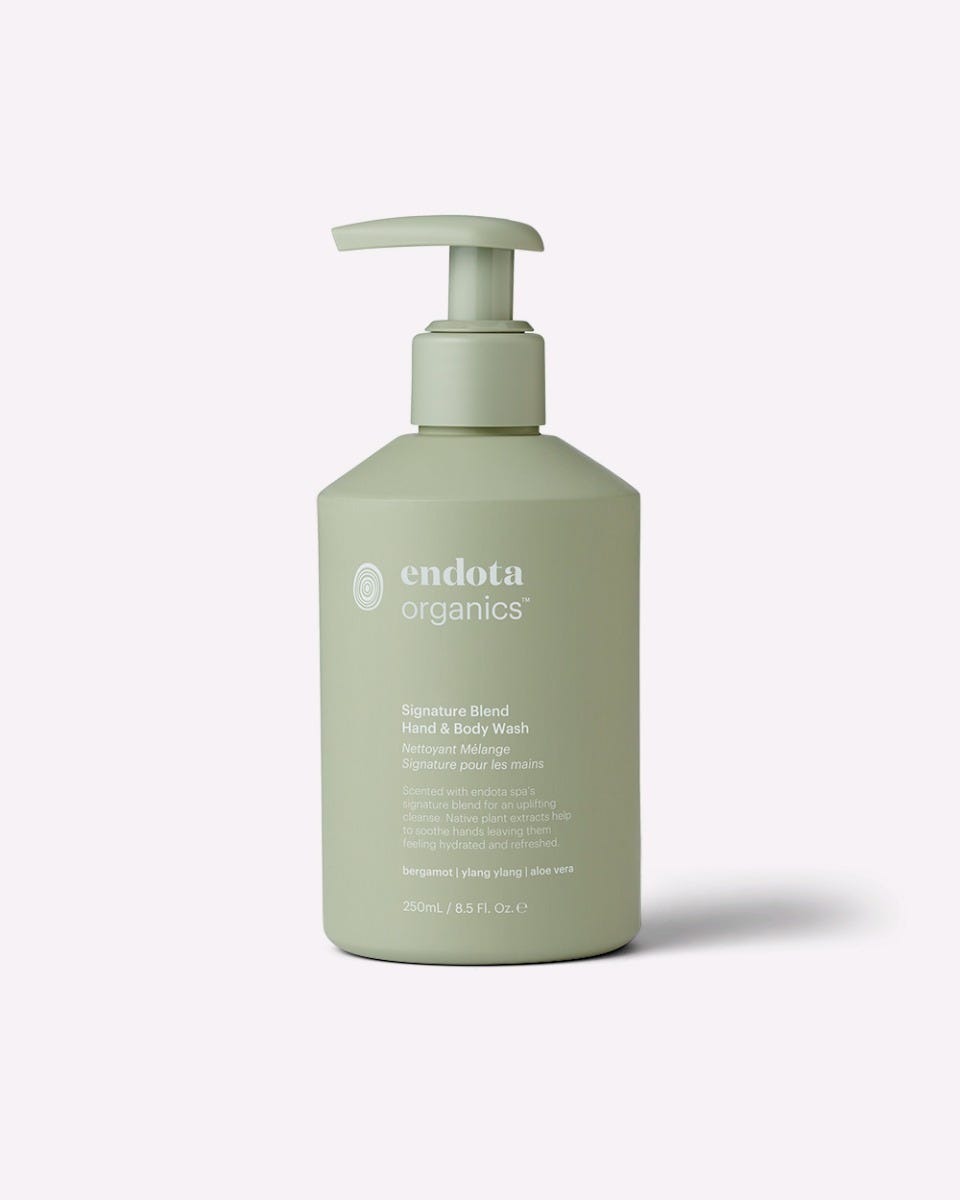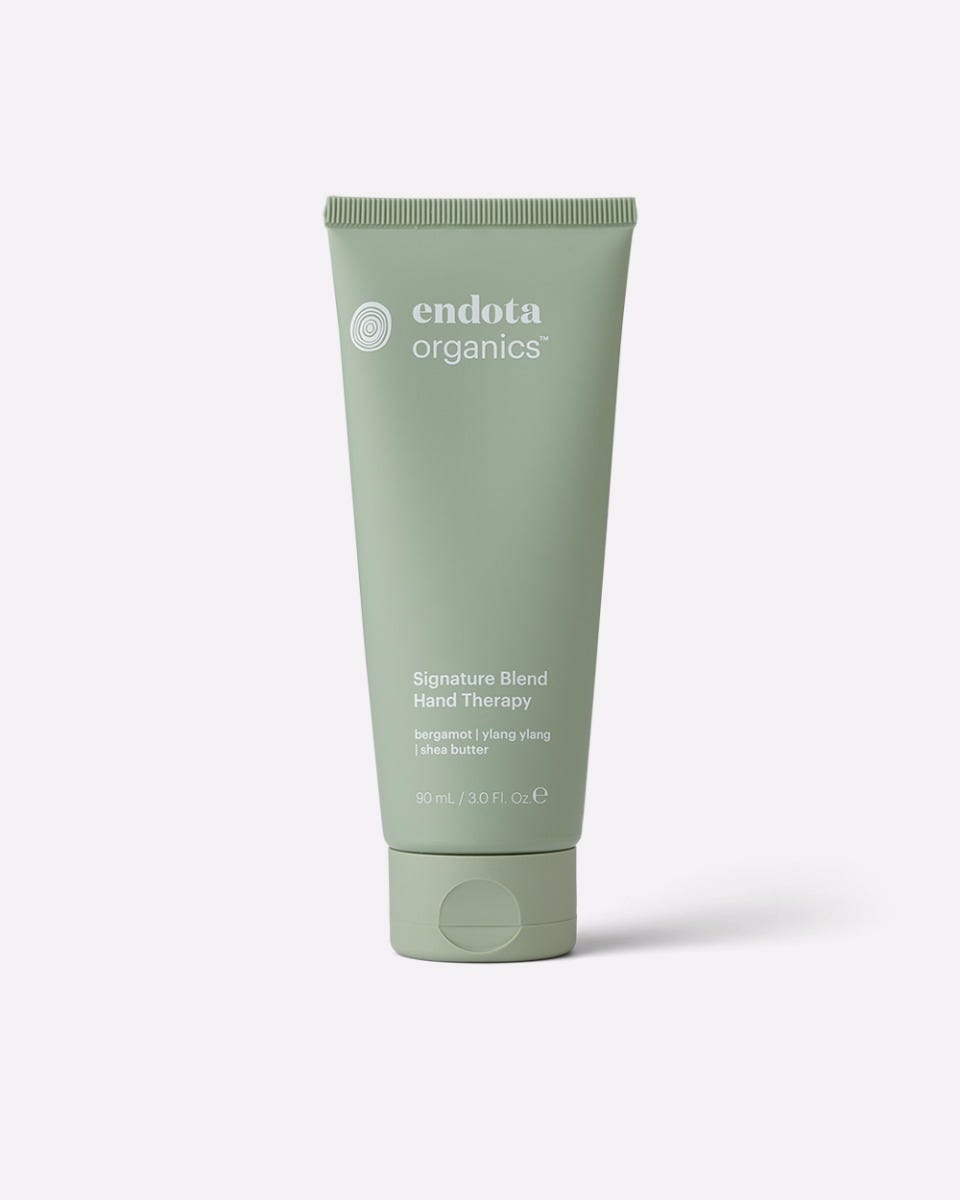There’s a link between what’s going on inside and what’s showing on the outside. While there’s still a lot to learn about our gut and microbiome, studies show that getting gut health in order is important to your overall wellbeing – including your skin.
The skin can be a great indicator for what’s going on in the gut, which is where over 70% of your immune system lies. Naturally occurring bacteria, both good and bad, live and thrive in our gut – and the good guys can be our skin and body’s best allies. However, if the balance is more in favour of the bad bacteria, this can make a big impact on your skin, resulting in problems like acne, rosacea, premature ageing and generally lacklustre skin.
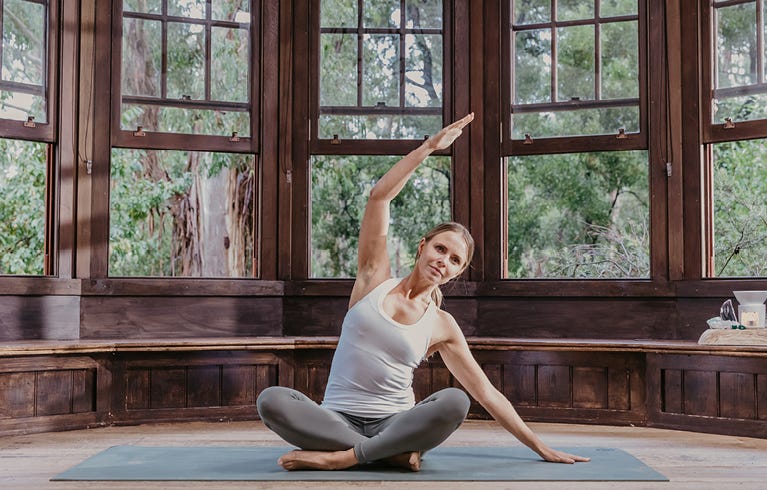
“We see the skin as a window to our internal health,” endota National Education Coordinator, Kimberley Conboy says. “It can tell us what is happening on the inside, so you can look for areas that may seem irregular or showing signs of inflammation. Dark circles under the eye can be linked to dehydration, flaky skin can be linked to many things like the gut’s inability to absorb nutrients.”
Studies also show that poor gut health can also affect our energy levels, mood, weight, blood sugar levels and our body's overall immunity. So it makes sense to get your gut health sorted.
What can make your gut unhealthy?
It seems that good gut bacteria are put out by our modern lifestyles. Stress, processed food, antibiotics, alcohol, cigarettes, sugar and pollution can all compromise good bacteria and feed the bad bacteria. We can feel our bodies reacting when we’ve had a weekend full of socialising, rich or fast food and drinking. Bloating, low energy and breakouts can be your gut’s way of telling you that it’s time to get back in balance.
Your gut microbiome is made of trillions of microorganisms (mainly bacteria) that live in your digestive system. They play a key role in digesting the food you eat and help with absorbing important nutrients too. So what you put into your body isn’t just fuelling you and giving you energy, it’s also feeding the bacteria in your gut.
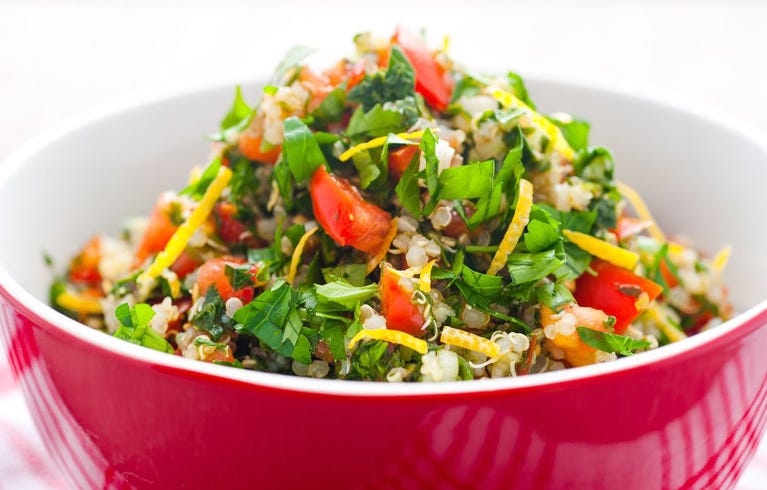
“Everyone’s gut is unique so feeding your gut with a wide range of nutrient and vitamin rich foods as well as keeping up the water intake is a great place to start. Water is also very important for your body and skin to flush out unwanted toxins,” Kimberley says.
Studies also show that poor gut health can also affect our energy levels, mood, weight, blood sugar levels and our body's overall immunity. So it makes sense to get your gut health sorted.
“Start to take notice of foods or ingredients that may make your skin more reactive. The most common ones are sugar, salt and simple carbohydrates.”
Here are some general tips to help you tip the balance in the favour of our good bacteria buddies.
Love your guts and make your skin glow
1. Eat wholefoods
Take the low human intervention (low HI) approach, and choose foods that are in their natural state, rather than something processed. Avoid refined foods and sugar.
2. De-stress
Good bacteria don’t do well when we’re stressed, so try some yoga, meditation or positive affirmations to relax. endota Retreat has some great options.
3. Probiotics
Studies show that probiotics can help eliminate disease-promoting pathogenic bacteria in the gut. You can find these in yoghurt and probiotic drinks, but be careful they aren’t packed with sugar.
4. Prebiotics
These include non-digestible food substances that help boost the growth of friendly bacteria in the gut. They’re found in in asparagus, bananas, endive, chicory, garlic, artichokes, kefir, leeks, onions as well as foods rich in soluble fibre.
5. Lacto-fermented foods
Get some sauerkraut, kefir, kimchi and miso into your diet and your gut will love you for it. The lacto-fermentation process creates a broad range of beneficial bacteria, that helps to re-colonise the gut and reduce systemic inflammation.
6. Eat mindfully
Having smaller meals and chewing food slowly before you swallow aids digestion. Saliva contains digestive enzymes that help break down foods, so you could also reduce drinking with your meal as it dilutes these enzymes.
Your body is a big network of systems, so when one is struggling, the others become compromised. While a good cleanser or serum is important to your daily skincare routine, understanding the links and looking deeper can be the missing link to healthy, glowing skin.
“We focus quite a lot on the outside but thinking of both will ensure we not only have healthy skin but a healthier body. It’s important to bring awareness to inside health and its effect on outside health,” Kimberley says.
NB: Consult your healthcare practitioner before making any changes to your diet.


